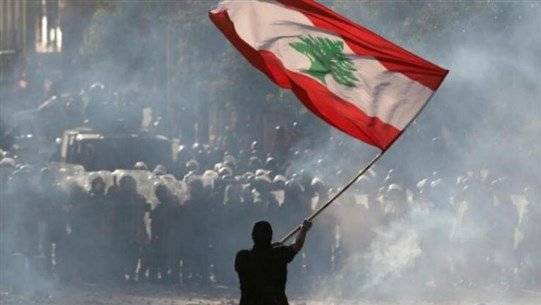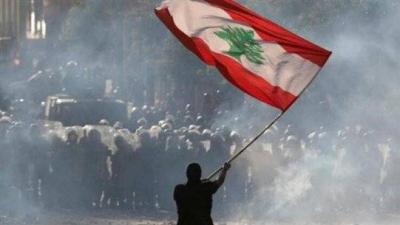File issues that were previously considered secondary have become urgent. A significant example is that one depositor in a bank managed to retrieve part of their deposit forcefully, albeit with a risk of imprisonment for an unspecified time. This situation has reignited discussions on the necessity of finding a solution to the depositors' rights crisis that would satisfy both them and the banks. It is no longer acceptable for millions of dollars belonging to depositors to remain trapped by the internal failures of banks that are thriving externally after having transferred large sums of money abroad.
Another issue that has re-emerged, after months of dormancy, is maritime border demarcation, spurred by military developments in the file, including the flight of three drones over the "Karis" field, which renewed the efforts of the American mediator, and the Israeli aggression against Gaza. Elias Bou Saab, the Deputy Speaker of Parliament, noted that this aggression delayed Israel's response to Lebanon's negotiation offers. The American mediator, Amos Hochstein, is expected to return to the region by the end of August to continue his efforts.
A politically significant event was the meeting between Walid Jumblatt, the head of the Progressive Socialist Party, and a leadership delegation from Hezbollah, solidifying the indirect communication that had previously taken place through former minister Ghazi Aridi. This meeting established a "regulation of differences" framework. According to sources from Jumblatt's party, the meeting was candid and friendly without any pretense, allowing Jumblatt to raise his concerns through questions about the economic and living crisis he sees as a current priority, the presidential election, and maritime border demarcation, along with potential conflicts arising from these issues and Hezbollah's stance on them.
Another pressing issue that has resurfaced is the activation by the President and the ministerial committee tasked with managing the return of Syrian refugees, which Lebanon will push forward following Minister of Displaced Persons Issam Sharafeddine's visit to Syria scheduled for today and agreements on some operational steps for the return. These steps require the approval of President Mikati, who is reportedly hesitant and cautious about this move in light of international opposition to the refugees' return.
Amid the limited potential for breakthroughs in maritime border delineation, the resolution of electricity shortages through aid from Iraq, and the ongoing deliberations by parliamentary committees regarding the general budget and required reforms from the World Bank, there are significant concerns about security explosions due to the deteriorating living conditions, soaring dollar prices, and essential food and consumer goods costs. Various political, security, labor, and professional entities have raised alarms following the incident at "Federal Bank."
There are fears that maritime border negotiations will not yield swift results as some hope, primarily due to the "ambiguity" of the Israeli position and possibly its negativity towards the Lebanese offer, along with the American mediator not proposing reasonable and acceptable solutions that consider both negotiating parties. This situation could lead to limited military tension, another halt in negotiations until suitable solutions are found, or until after Israeli elections, raising concerns if extremists led by Benjamin Netanyahu gain seats in the Knesset.
Amid these crises, the issue of government formation remains unresolved, caught between the apparent formal disagreements between Presidents Michel Aoun and Najib Mikati, and underlying political disputes over prioritizing the formation of a government or the presidential elections. Additionally, many unresolved issues will remain pending until the end of the current administration, with hopes that the next president will be one who is "compliant, conciliatory, and neutral," ushering in an era of concessions, settlements, and allocations that have cost Lebanon and its people dearly.
Until a new president is elected, political, economic, and social tensions will persist, with the Lebanese populace paying the price in blood, nerves, and dwindling financial resources, while the ruling political class seeks its own interests and continues to bolster its wealth.




